Inicio > Libros > 10 libros que defienden la educación en positivo
Recopilamos diez obras que hablan sobre esta disciplina de aprendizaje, que aboga por no culpar al niño de sus fallos y transmitir mensajes optimistas.
porMarta Moreno
La educación en positivo defiende la necesidad de enseñar con firmeza, pero con amabilidad, transmitiendo mensajes que ayuden a crecer de forma personal y sin culpar al niño o niña de sus fallos. Si quieres conocer más sobre esta técnica de aprendizaje y empezar a ponerla en práctica en el aula o en casa, estos libros para educar en positivo pueden servirte de gran ayuda: abordan sus propuestas y ofrecen ideas para ponerla en práctica.
Índice de contenido
La psicóloga especializada en Educación Infantil Carme Thió de Pol expone las dificultades y los conflictos más comunes en el proceso de aprendizaje y maduración de los menores, como los celos, la inseguridad o los miedos. Además, propone diversas maneras de expresarse y de actuar con el objetivo de conseguir un entorno familiar positivo y de bienestar en el que todos los miembros sean lo más felices posible. No hace una descripción teórica de los conceptos, sino que plantea diversos supuestos prácticos que pueden servir a los padres a darse cuenta de aquellos errores de los que no se estaban dando cuenta.
Ver en Amazon
El principal objetivo de esta obra es que familias y educadores eduquen sus propias emociones para aplicar posteriormente las herramientas necesarias para la educación emocional de los menores. Para ello, la autora ofrece claves para superar con resiliencia las adversidades, ser asertivos, respetarse a sí mismo o disfrutar de la vida. Además, expone diferentes propuestas para educar en positivo de manera respetuosa, desde el amor y sin gritos ni ira.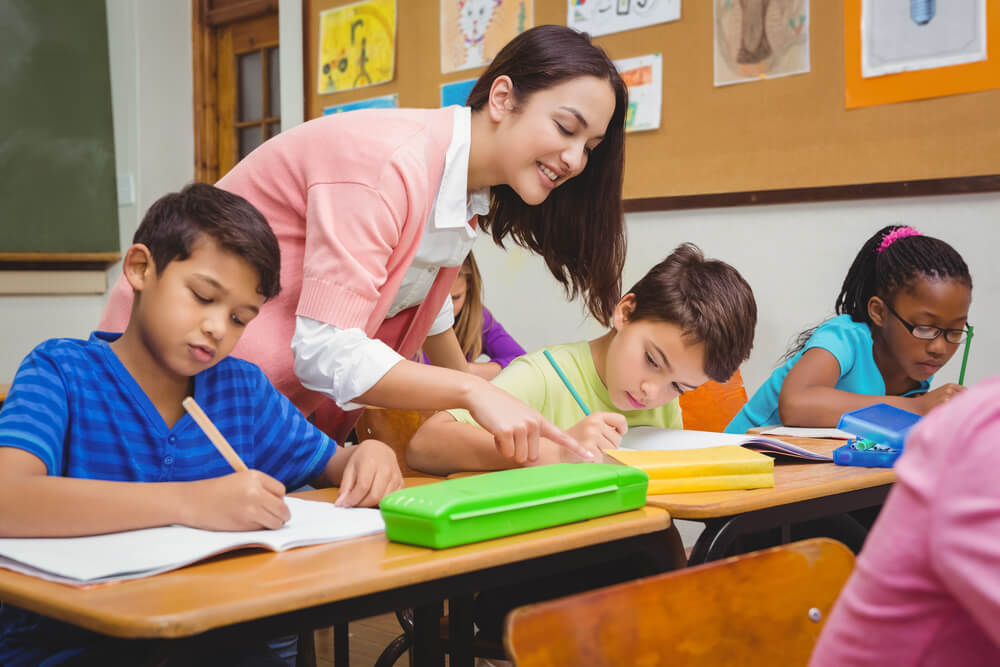
Ver en Amazon
A menudo, las familias consideran muy difícil la tarea de educar en positivo sin perder las formas. Este libro explica cómo utilizar métodos afectuosos pero firmes para formar a niños responsables, respetuosos y con recursos propios. Para ello ofrece soluciones prácticas ordenadas alfabéticamente a problemas cotidianos como la rivalidad entre hermanos, los problemas en el colegio o con la alimentación o las pequeñas mentiras en las que pueden caer los pequeños.
Ver en Amazon
Los autores del libro ‘El cerebro del niño’ analizan el papel que juega la disciplina en la educación familiar haciendo especial hincapié en el vínculo entre el desarrollo neurológico del niño y la manera de reaccionar de los padres.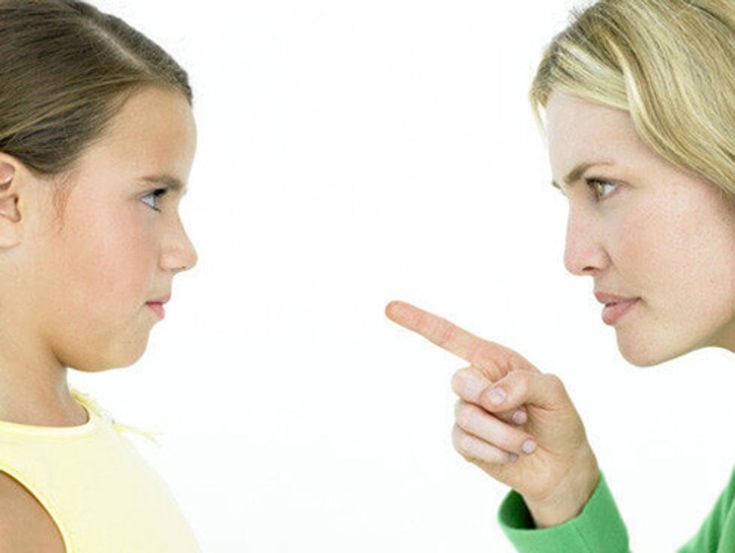 Así, ofrece diferentes claves para gestionar las rabietas de los hijos sin perder los nervios y expone veinte errores en relación con la disciplina, así como explicaciones para evitar caer en ellos y corregirlos. Todo, bajo el estilo parental del ‘cerebro pleno’ y con acompañamiento de fotografías y ejemplos prácticos.
Así, ofrece diferentes claves para gestionar las rabietas de los hijos sin perder los nervios y expone veinte errores en relación con la disciplina, así como explicaciones para evitar caer en ellos y corregirlos. Todo, bajo el estilo parental del ‘cerebro pleno’ y con acompañamiento de fotografías y ejemplos prácticos.
Ver en Amazon
¿Cómo convivir diariamente con los hijos? La autora de este libro pone sobre el papel su experiencia como madre y mediadora de conflictos para proporcionar a las familias un manual ágil y práctico para construir una relación serena y positiva con los menores, así como para acompañarlos en su itinerario vital. El principal objetivo es aprender a acompañarles en su aprendizaje para que consigan ser personas libres y responsables.
Ver en Amazon
Javier Urra es psicólogo de la Fiscalía del Tribunal Superior de Justicia y de los Juzgados de Menores de Madrid, además de profesor en la Universidad Complutense.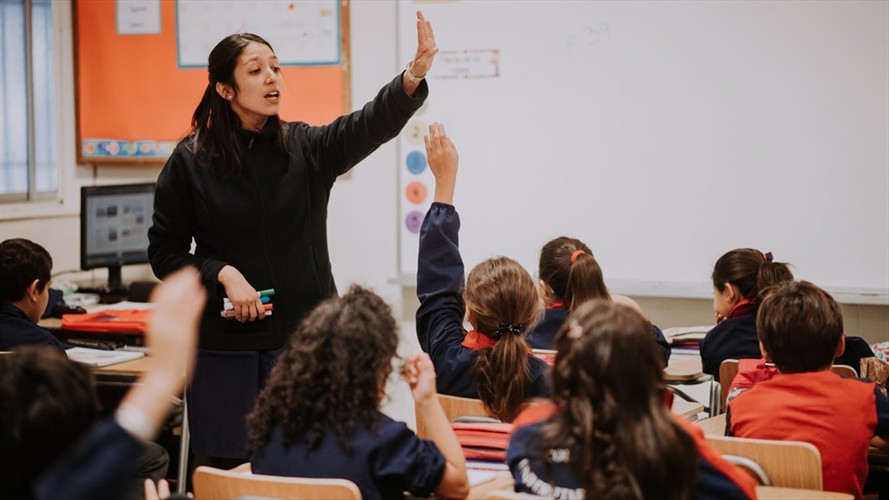 Su experiencia profesional le ha servido tanto para entender el comportamiento de los menores como para sacar conclusiones sobre su educación; ideas que plasma en esta guía. Con ella, demuestra por qué la sobreprotección por parte de las familias es condicionante en que el niño desarrolle comportamientos tiranos en la infancia y llegue a la etapa adulta con inseguridad a la hora de tomar decisiones, así como con un déficit de creatividad.
Su experiencia profesional le ha servido tanto para entender el comportamiento de los menores como para sacar conclusiones sobre su educación; ideas que plasma en esta guía. Con ella, demuestra por qué la sobreprotección por parte de las familias es condicionante en que el niño desarrolle comportamientos tiranos en la infancia y llegue a la etapa adulta con inseguridad a la hora de tomar decisiones, así como con un déficit de creatividad.
Ver en Amazon
Jane Nelsen, ideóloga de la disciplina positiva en todo el mundo, ha elaborado una guía para ayudar a los pequeños del hogar a tener autodisciplina, ser responsables y aprender a resolver problemas por sí mismos. De igual modo, invita a familias y educadores a descubrir cómo salvar las barreras comunicativas, cómo evitar el peligro de los elogios o cómo centrarse en las virtudes y no en los defectos de los niños y niñas.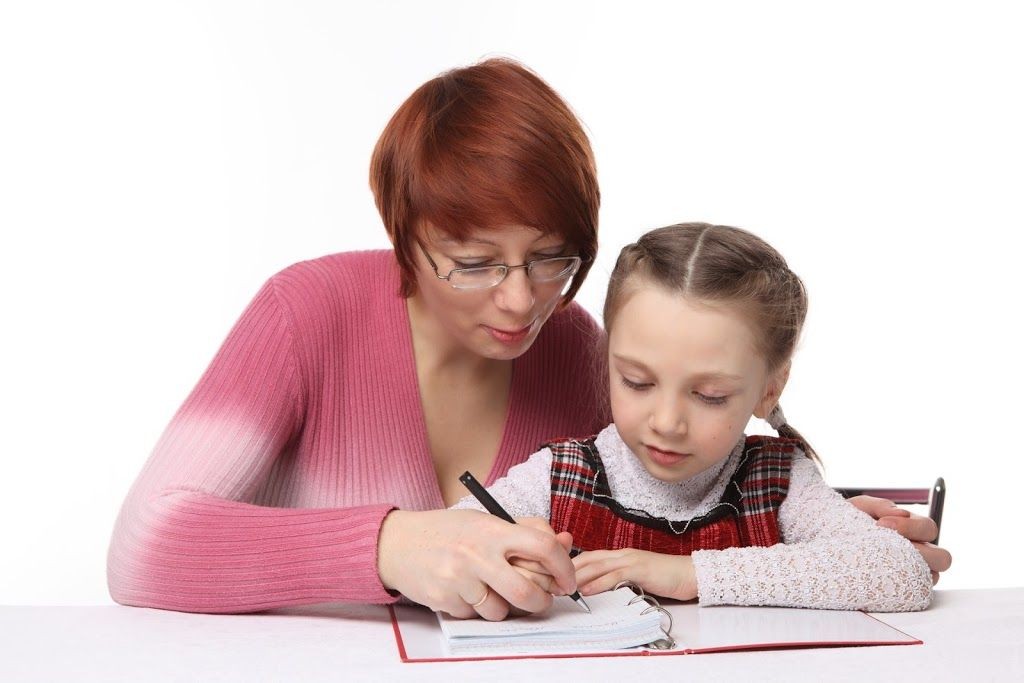 Todo ello basándose en ejemplos de historias reales.
Todo ello basándose en ejemplos de historias reales.
Ver en Amazon
Una de las máximas de esta obra es replantear el aprendizaje como un viaje que nace desde el interior de la persona, respetando la inocencia del niño, sus ritmos y su sentido del misterio. Para ello, Catherine L’Ecuyer propone hacerlo a través del juego libre y el contacto con la naturaleza.
Ver en Amazon
Los nuevos descubrimientos científicos sobre la construcción del cerebro infantil y su forma de desarrollarse quedan explicados en esta obra escrita por el neuropsiquiatra Daniel J. Siegel y la experta en educación infantil Tine Payne Bryson. Aplicando estos conocimientos al día a día, es posible convertir situaciones de conflicto en oportunidades para ayudar a los más pequeños a ser personas responsables, felices y afectuosas.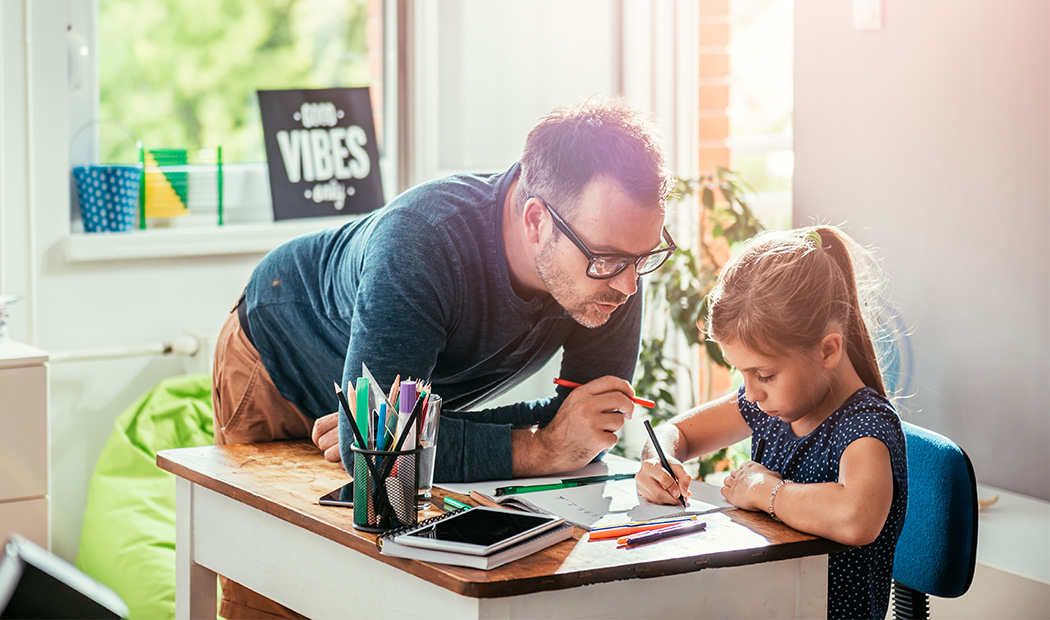 Para hacerlo, ofrecen una serie de pautas claras y prácticas, así como diferentes herramientas para manejar y entender el comportamiento infantil en varias edades.
Para hacerlo, ofrecen una serie de pautas claras y prácticas, así como diferentes herramientas para manejar y entender el comportamiento infantil en varias edades.
Ver en Amazon
¿Sabías que las palabras tienen más importancia de la que piensas en el día a día y en la vida en general? A partir de esta premisa, el autor propone una serie de recomendaciones y herramientas para hacer del lenguaje el principal protagonista de la educación de los niños. ¿Cómo? Cuidando, primero, todas y cada una de las palabras que se dicen en cualquier situación y aprendiendo a cambiarlas para aprovechar sus posibilidades educativas.
Ver en Amazon
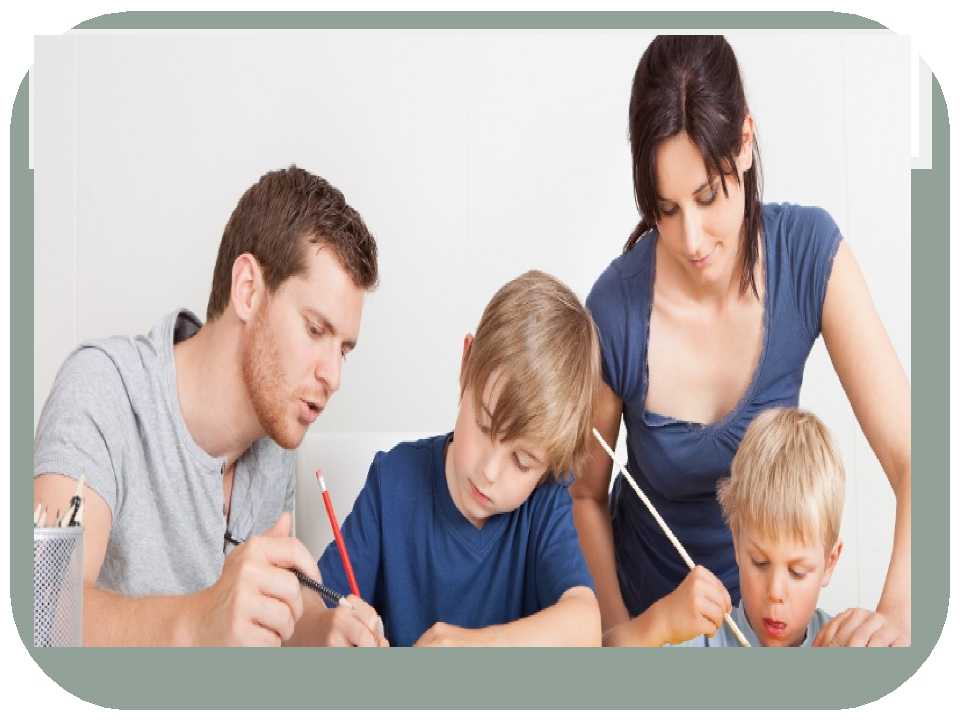
En esta formación, pongo a tu servicio mis más de 20 años de experiencia como neuropsicólogo infantil y 9 años como papá de tres niños pequeños.
Voy a ayudarte a poner en práctica el estilo de educación más efectivo para acabar de una vez por todas con los gritos y las peleas.
Quiero enseñarte todo lo que de verdad funciona, lo que yo aplico en mi día a día y lo que he impartido a los padres de The Children Center de Nueva York.
Compruébalo.
✓ Serás capaz de corregir a tus hijos de una manera firme y cariñosa a la vez
✓ Sabrás prevenir y gestionar rabietas de una forma efectiva
✓ Sabrás cómo actuar ante los enfados y faltas de respeto
✓ Sabrás cómo resolver conflictos con tus hijos de forma positiva
✓ Sentirás seguridad en tu papel como padre o madre
✓ Podrás construir con tus hijos la relación que siempre has soñado
Expandir todo
Comprar ahora
Ver curso
Ver curso
Comprando este curso te regalamos todos estos materiales extra para que tu aprendizaje en el ámbito de la disciplina positiva sea total
Guía: “Educar en positivo”
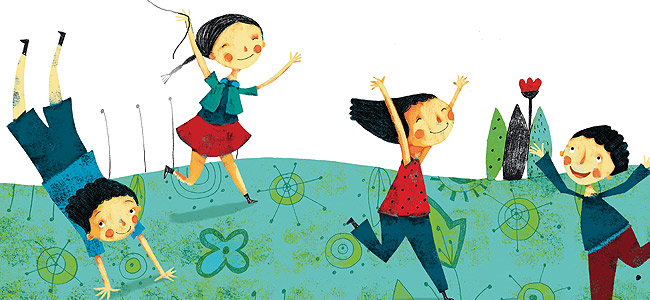
Guía: “Rabietas paso a paso”
Guía: “Niños con mucho carácter”
5 listas de comprobación
Con instrucciones para que puedas resolver situaciones cotidianas siguiendo mis estrategias paso a paso.
Todas las clases en formato mp3
Para que puedas escucharlas y repasar cómodamente desde donde quieras.
Comprando este curso te regalamos todos estos materiales extra para que tu aprendizaje en el ámbito de la disciplina positiva sea total
Guía: “Educar en positivo”
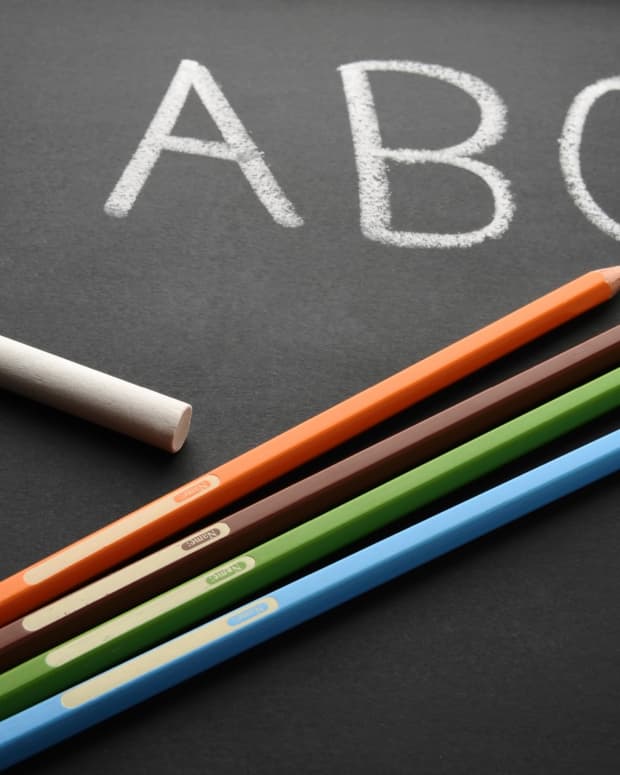
Guía: “Rabietas paso a paso”
Guía: “Niños con mucho carácter”
5 listas de comprobación
Con instrucciones para que puedas resolver situaciones cotidianas siguiendo mis estrategias paso a paso.
Todas las clases en formato mp3
Para que puedas escucharlas y repasar cómodamente desde donde quieras.
Educa en positivo desde hoy sin gritos ni castigos. Únete a las más de 60.000 familias que ya han descubierto que otra manera de educar es posible
Comprar curso
school education, first of all, it is necessary to form children-adult communities that bring together teachers, children and their parents, who together will implement projects that are truly interesting for schoolchildren.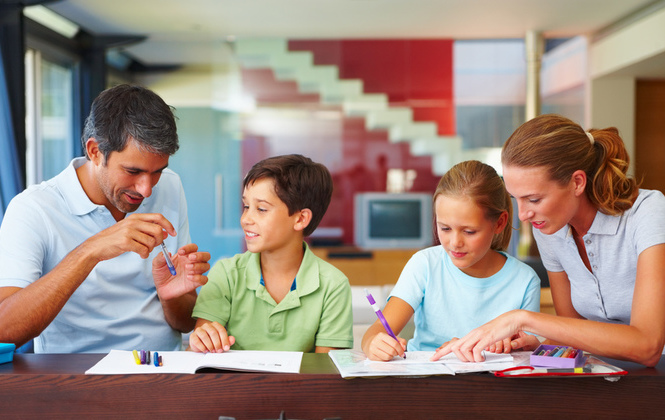 This opinion was expressed on the air of the weekly online program “Educational Environment” by Vladimir Kildyushkin, laureate of the “Director of the Year” contest, director of the Educational Center “Southern City” (Samara Region).
This opinion was expressed on the air of the weekly online program “Educational Environment” by Vladimir Kildyushkin, laureate of the “Director of the Year” contest, director of the Educational Center “Southern City” (Samara Region).
Positive communication is the key to improving the quality of education, says Vladimir Kildyushkin. It must be built between all participants in educational relations: teachers, children, parents, as well as public institutions, social partners, and the head of an educational organization must set a personal example of openness and readiness to listen, come to the rescue and support a new idea or project.
“Modern school has to compete for the attention of the child, and this competition can be won only if the child realizes his dreams in school. But the child must be taught to dream. And only a teacher can do that. To do this, he must be able to dream himself, receive help and support in the implementation of his ideas. My task as a director, in fact, is to provide him with this support,” Vladimir Kildyushkin said.
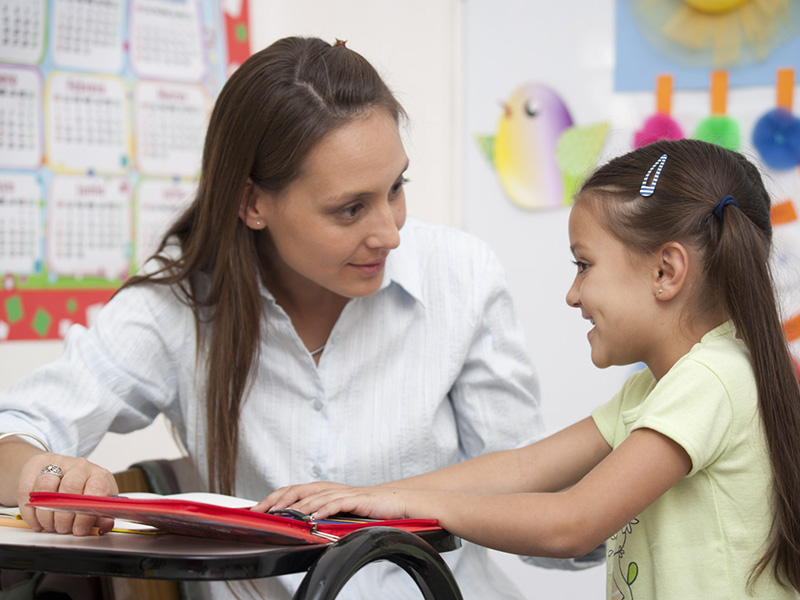
He added that it is for this purpose that it is necessary to carry out systematic work on the formation of pedagogical, children’s and adult communities for the joint implementation of common projects. In the future, the presence of such communities will distinguish good schools from the rest, he believes.
Educational environment
November 2, 2022
Educational environment
October 28, 2022
How this project is developing, how it can be useful for students and how to become a participant in it .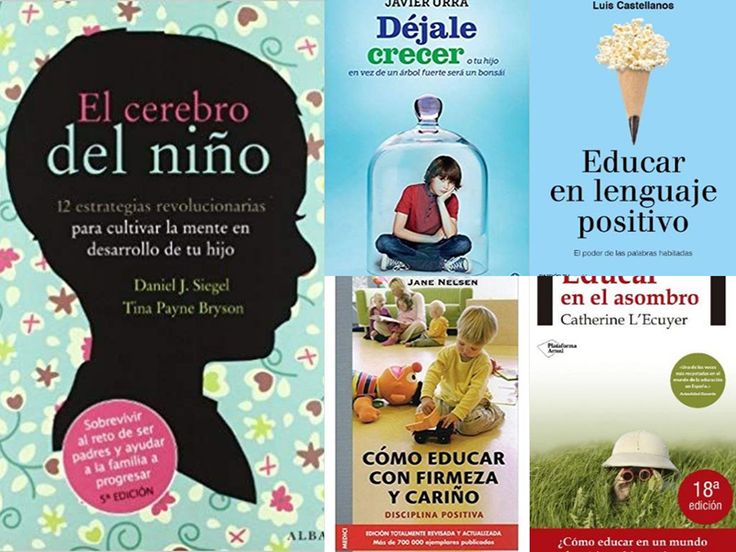 ..
..
Educational environment
October 26, 2022
The Educational Environment online program will go live on October 26 at 15:00 Moscow time
Top news
November 4, 2022
Regions
November 3, 2022
Regions
November 3, 2022
to be opened in Kalmykia in 2024
Together with Daria Kuznetsova, a conflictologist at the Internet Lesson Home School, we find out what impact the school has on the child.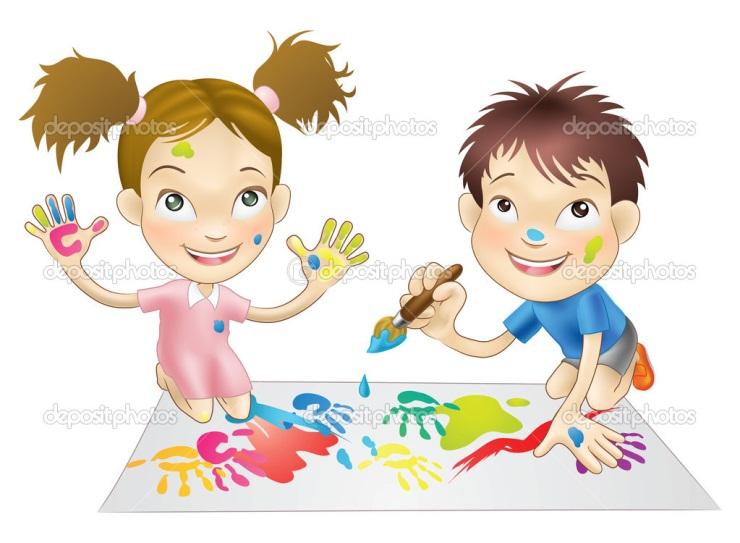 How to act correctly so as not to spoil the relationship, but to help.
How to act correctly so as not to spoil the relationship, but to help.
Daria Kuznetsova
Practicing psychologist-conflictologist. She has 12 years of experience working with children with various psychophysiological developmental characteristics.
Education plays an important role in a student’s life. Within the walls of an educational institution, the child acquires basic knowledge that forms thinking and contributes to its further intellectual development. The student acquires learning skills that will be useful to him throughout his life. The so-called “educational foundation” is laid within the walls of the school.
At the same time, the educational process is a multifaceted phenomenon and the exclusivity of the role of the school not only in the formation of a certain knowledge base, but also in the education of fundamental human qualities and teaching the basics of social behavior.
In the classroom, the child learns to join the team, defining his role in society, gaining moral experience and awareness of his own responsibility.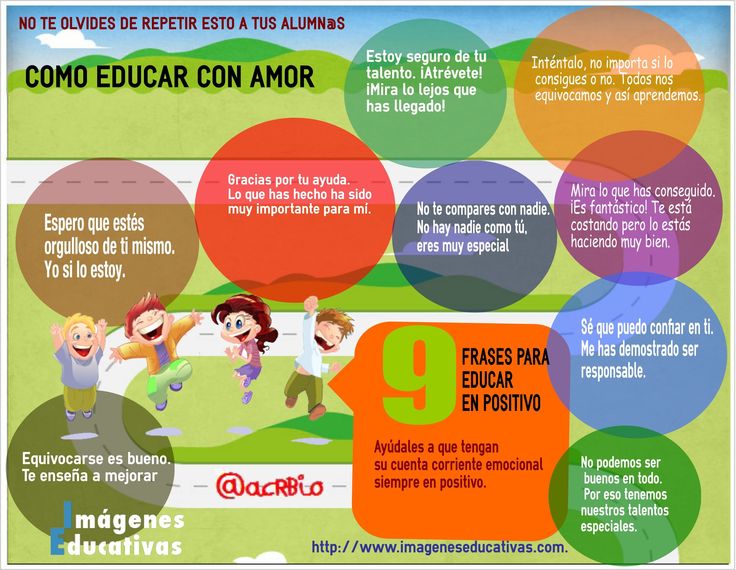 In this regard, the influence of the school on the personality is difficult to overestimate. Here the student meets with a well-formed system of moral principles, learns to understand common values and tasks, as well as manage his behavior in accordance with them. Since he spends most of his time in an educational institution, it is generally accepted that it is within the walls of the school that his personality is largely formed.
In this regard, the influence of the school on the personality is difficult to overestimate. Here the student meets with a well-formed system of moral principles, learns to understand common values and tasks, as well as manage his behavior in accordance with them. Since he spends most of his time in an educational institution, it is generally accepted that it is within the walls of the school that his personality is largely formed.
Psychologist’s comment:
Unfortunately, the human factor in communication with teachers, the atmosphere in the school and the classroom do not always affect learning positively. As a minus, I would also note that the school is increasingly removing its educational function, shifting it to the shoulders of parents.
The requirements for the quality of education also slip into this.
It is now generally accepted that children receive a good education when parents are actively involved in the educational process.
As a result, the amount of guardianship on their part is forced to grow. It becomes more difficult for them to be friends and advisers for their children. Supervising and punishing functions are more relevant.
The result – on the one hand, the deepening of the eternal conflict between fathers and children, the aggravation of the difficulties of adolescence, on the other – spoiled and infantilized adolescents. Being under vigilant parental control, they do not learn to make serious decisions, they are more accustomed to consumer functions.
A child, like a sponge, absorbs elements of both benevolent and negative atmospheres. His social position, outlook, material condition, living conditions and ability to learn – all this, to one degree or another, forms the basis for further development.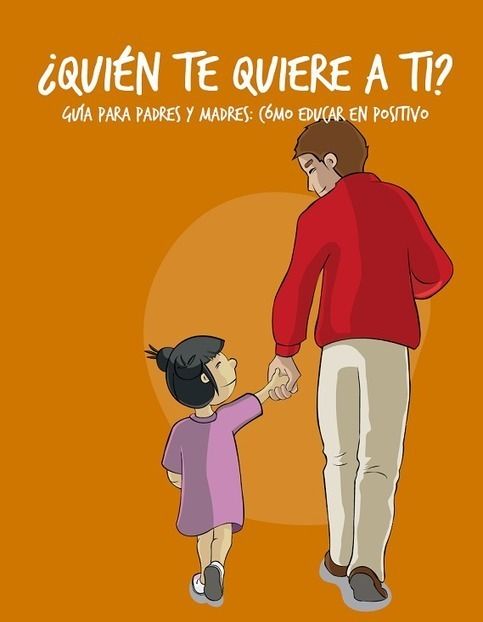 The educational institution affects all aspects of the personality. It is important that this influence be positive.
The educational institution affects all aspects of the personality. It is important that this influence be positive.
After all, a school is a social space in which people of different temperaments, characters, and ages come into contact. It is important that this environment creates an opportunity for self-realization in communication, learning, physical development and games. The child needs to comprehend the culture of interpersonal communication, learn to treat people with respect and tolerance, understand the importance of cooperation. And these tasks are relevant at all times and for any generation.
The first week of classes is free!
Start studying, and at the end of the trial period, pay for the chosen format!
The influence of the school on the development of the child is largely determined by the approach of teachers to the educational process.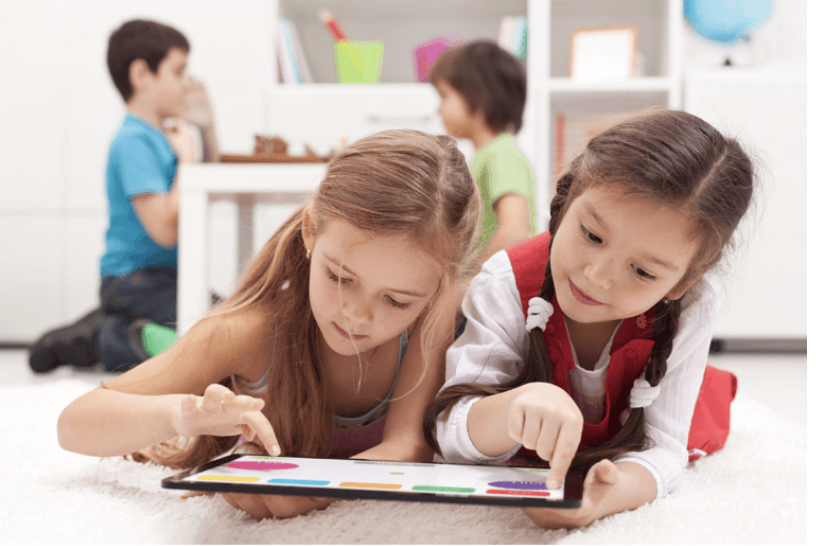 Schoolchildren’s interest in classes is directly related to the quality of teaching, so the teacher’s primary tasks include:
Schoolchildren’s interest in classes is directly related to the quality of teaching, so the teacher’s primary tasks include:
Teachers also play an important role in shaping the personality of students. When choosing the forms of organization of educational and extracurricular activities, the teacher acts as an educator.
Psychologist’s comment:
I would like to remind you that the school is different from school, and in order to have more positive influence than negative, it is worth paying attention to its choice.
Research the teaching staff and testimonials from those who already have experience teaching there. And certainly not worth trying to save time or money on this.
Because the importance of the foundations laid by the school cannot be overestimated, and the loss of educational opportunities at this age is irreplaceable.
In addition, we all know that each child is unique and has abilities that are unique to him. However, overemphasizing this does not always work in his favor.
The exaltation of one’s own importance greatly hinders communication. The child stops listening to others and makes too high demands on society in terms of attitude towards his person.
It is important to remember that people have more similarities than differences. There must be balance in everything.
In the process of obtaining basic knowledge, each student develops his own priorities and special interests. With age, schoolchildren begin to realize their own capabilities and life prospects, as well as areas of future professional activity. An important task of the teacher, at this moment, is to support the teenager, help determine his purpose and, possibly, form an algorithm of actions, taking into account the correct ideals and values.
An important task of the teacher, at this moment, is to support the teenager, help determine his purpose and, possibly, form an algorithm of actions, taking into account the correct ideals and values.
It is known that motivation for learning increases significantly when a person understands the practical significance of certain knowledge. Therefore, the task of the teacher is not limited to a dry presentation of theory and control of the assimilation of the school course. Ideally, the teacher instills or does not instill a general interest in learning as such. Awareness of the meaning and purpose of the acquired knowledge, their significance stimulates students and enriches their intellect.
It is important that the educator allows students to have discussions and defend their point of view. The ability to communicate and express one’s position arouses interest in the learning process and instills the skills of polemics.
Subscribe to our newsletter
By clicking on the button, you consent to the processing of your personal data.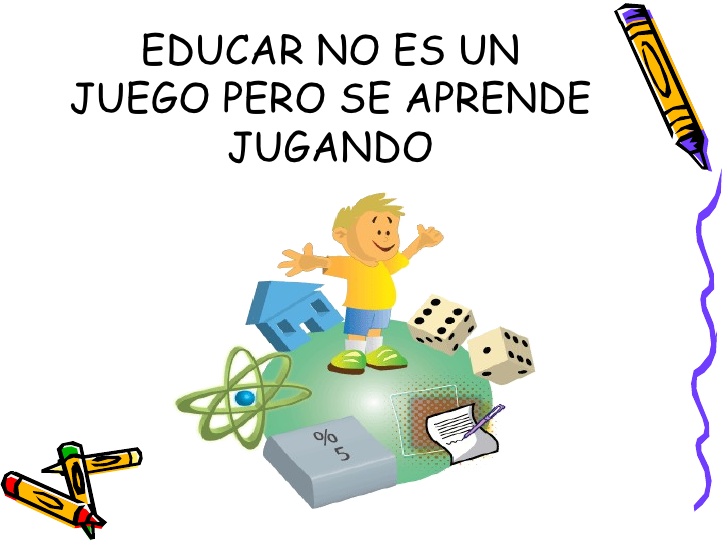
You have successfully subscribed to our newsletter
You will soon receive a subscription confirmation email
With all the awareness by the Russian pedagogical community of the necessary steps to obtain a quality school education, they are, unfortunately, not being taken everywhere and not as fast as we would like. As a result, many parents and students are dissatisfied with the level of practical knowledge that is given at school. Many aspects are missed that can be useful to a child in adulthood and help form a comprehensively developed personality. Therefore, now more and more parents are thinking about the benefits of new learning formats. In particular, distance education is gaining popularity.
Getting school education using modern technologies attracts more and more attention of parents and students. Among other things, not all fathers and mothers are satisfied with how the school affects the child, as well as the quality of curricula in full-time education.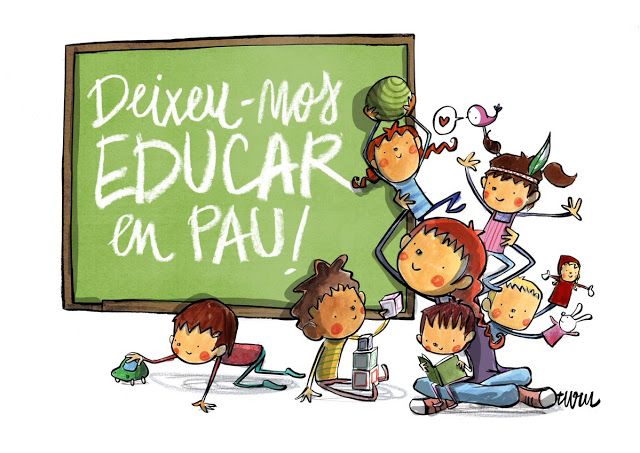
Conflicts at school
Types of conflicts at school and ways to resolve conflict situations
0005
The approach to learning and methods are thoroughly worked out and confirmed by the experience of thousands of students.
Psychologist’s comment:
The article rightly notes socialization as an important element or skill given by the school. In fact, this is the first public institution where, in parallel with the development of general educational disciplines, the child communicates with peers, determines his place among them, shows tolerance and empathy.

Communicating with teachers, he learns to respect elders, make friends with them and find contact, gains an understanding of ranking, fairness and objectivity.
The school gives examples of the behavior of different people in different life situations. In addition, for many students, the team itself is a motivating factor for learning, and examples of peer hobbies suggest trying oneself in a new business. The student’s worldview expands.
But we all understand that these advantages are a double-edged sword. Forced socialization is not useful for every student. And the team can both motivate and discourage interest in learning. Therefore, as positive, I would note other points.
It is rare to meet students who are interested in and easily given absolutely all the subjects they study. Some require effort to master. And this is valuable, as it brings up perseverance in achieving the goal, perseverance, attentiveness, patience and discipline. These qualities are necessary in order to be successful.